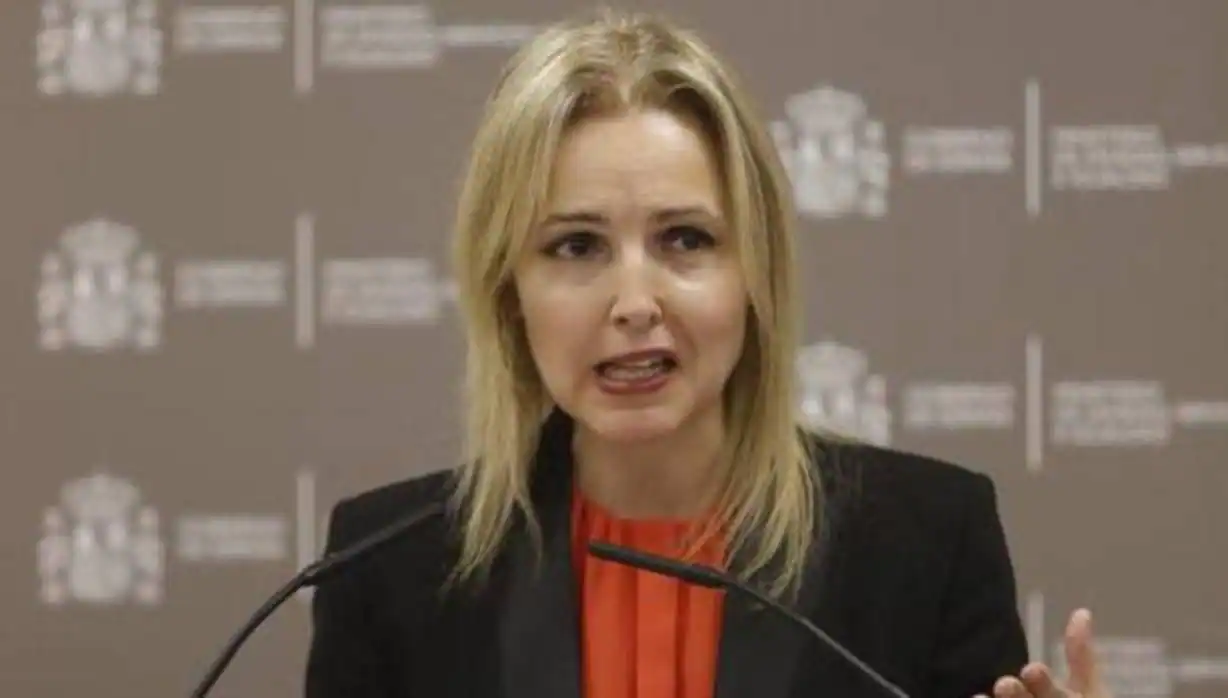As 2019 came to a close, several articles reminded us that
global kidney exchange (GKE), while gaining increasing acceptance, still is regarded as repugnant in some quarters.
Here's an article in Forbes:
Why The Global Kidney Exchange Remains Controversial by Christine Ro, Dec. 15
"The GKE has been philanthropically funded so far, but it’s possible that US health insurance companies might assume the expenses in the future. The exchanges are cost-effective on the rich-country side because the costs of medical care are smaller in lower-income countries. As well, dialysis is an unusual medical procedure in that every US citizen is entitled to it. Kidney transplants work out to be much cheaper than years of dialysis.
"This lopsided cost-effectiveness is one of the main sources of controversy around the GKE. One argument is that, to use the example of the first GKE match, the US ultimately benefits much more than the Philippines. If the Filipino pair is already a match, but the first US pair isn’t, the Americans are receiving a kidney matching service (kickstarting a daisy chain) that the Filipinos didn’t need. What the Filipinos did require was payment of their expenses. If they had the financial resources, they wouldn’t need an exchange program at all. They, or their medical system, could have covered the costs of the transplant.
...
"
The medical team involved in the first Filipino match are adamant that it was positive. In an impassioned letter to the editor of the American Journal of Transplantation, they write:
“Let us be clear: without GKE, the Filipino husband was never going to receive his spouse’s kidney. Without GKE, the husband was going to die, the wife was going to lose her spouse, and their son was going to be fatherless.”
“No alternative existed for this Filipino pair and millions more like them. GKE did not exploit this Filipino couple—it provided the mechanism for the wife to literally save her husband’s life. They could not afford dialysis.”
“For 3 years on Father’s Day, the couple’s child has written our team to thank us for saving his daddy’s life.”
********
And I've written earlier about other, welcome support.
*************
But in Spain, the National Transplant Organization has organized opposition against allowing patients and donors from poor countries to participate in kidney exchange. So I was glad to see a Spanish healthcare blog questioning their reasoning:
From the Spanish blog Avances en gestión clínica (Advances in Clinical Management):
¿Nobel de Economía o traficante de órganos? ["Nobel economist, or organ trafficker?"]
by Pedro Rey, Dec. 30
It turns out that isn't meant to be an inflammatory headline, rather it is a reaction to the inflammatory announcements that issued from the Spanish ONT (National Transplant Organization) in connection with global kidney exchange. Below, for example, is one of many such stories, using just such words:
La ONT frena la entrada en Europa de «una nueva forma de tráfico de órganos» propuesta por un nobel de Economía ["The ONT slows the entry into Europe of "a new form of organ trafficking" proposed by a nobel economist"
 |
| Beatriz Domínguz Gil, directora de la ONT, denuncia que la iniciativa de Alvin Roth es «una nueva forma de tráfico de órganos, pero presentada como una iniciativa buena y ética» |
[ "Beatriz Domínguz Gil, director of the ONT, denounces that Alvin Roth's initiative is "a new form of organ trafficking, but presented as a good and ethical initiative"]
******
Coming back to
Professor Rey and his question
¿Nobel de Economía o traficante de órganos?. He points out that while the Spanish ONT is a world leader in recovering deceased donor organs, it doesn't have the same kind of leadership in living organ donation or in kidney exchange. He says, in part (via Google translate):
"we may find it worrying that Spanish morals have slowed, before 28 countries, the development of an idea that could benefit many patients and reduce the economic burden to keep them on dialysis for a long time.To solve this problem, a public and serious debate that clarifies the specific interests of an ONT that has based its prestige on the proven effectiveness in transplants from deceased donors and not so much in cross-transplants and, even less, living transplants, would be desirable."
********
Professor Rey goes on to note that we shouldn't naively assume that problems in dealing with cross border issues, especially between rich and not so rich countries, can be easily navigated. I agree, and I'm confident that the GKE chains that have been conducted so far will pass close scrutiny, and point the way towards finding global solutions to the global problem of kidney failure.
I hope this is an indication that in the coming year, some of the early, hysterical reactions to GKE in Spain may continue to give way to more reasoned discussion, that will let legitimate concerns be expressed and addressed, and separated from other personal and professional motivations that may have obscured the initial reception of GKE in Europe.




